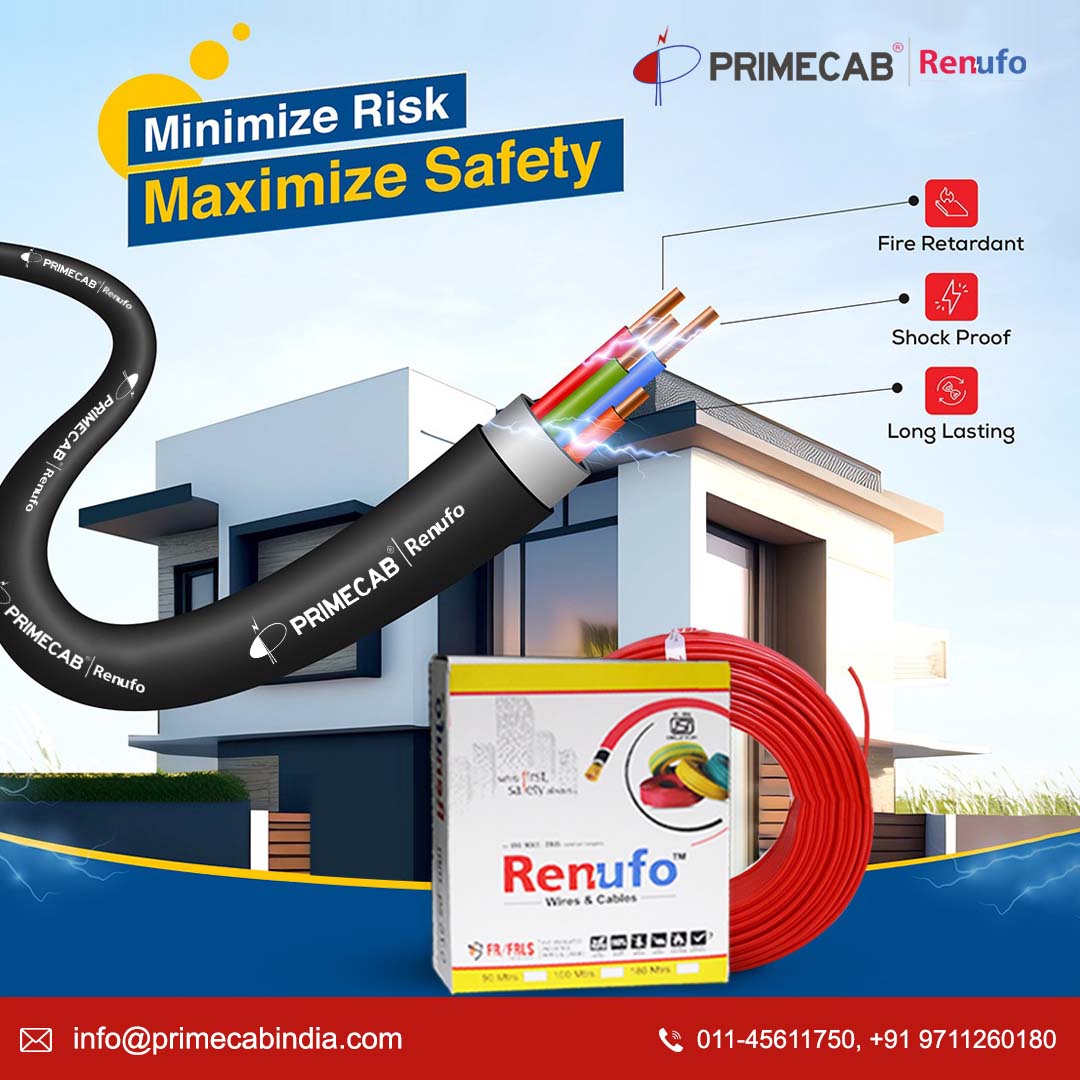Factors to Know About House Wire
In terms of house electrical wire, you might have heard 12 or 14-gauge wire. Gauge wire refers to the wire thickness, physical size, measurement of wire diameter, the current-carrying capacity of the wire. Wire gauge determines the amount of electric current the wire can safely carry and its electrical resistance and weight. For home appliances wire with 10, 8 or 6 is ideal. Things like water heaters, stoves, dryers, air conditioning units require a lot of amperages, they use larger gauges.
Copper vs Aluminium
Copper - Copper wire is better than aluminum wire because copper is a better conductor of electricity and it will act better in the case of conducting electricity. When it comes to conduction in electrical wires, many factors need to be considered. When you measure the conductivity, it is not just the resistivity, but two more factors are there that need to be considered. These factors are the cable size and the insulation materials used.
Aluminum - In case, high-voltage needs to be carried for long distances, then Aluminium seems to be the most economical and better conductor as compared to copper. Note that Aluminium may have 61% of Copper’s conductivity but has only 30% weight as that of copper. So, aluminum wires are easier to spread across and inexpensive compared to copper wires.
The Current Capacity of Cables Varies
Most people think that electrical or house wires maintain consistent or stable current all the time which is completely false. The truth is that the current capacity of the wire changes with respect to the depth at which the cables have been laid or with the ground or air temperature. There, it is very important to choose a house wire that is of good quality and has high endurance with any such factors.






